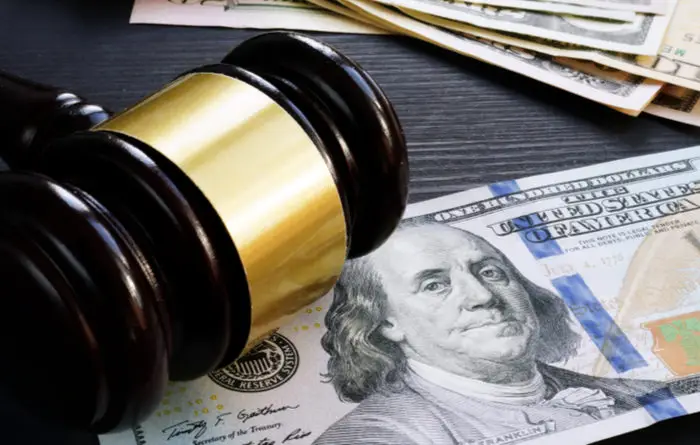Can you bail yourself out of Jail?

When getting out of jail, the main option is to post bail. But what if you need more money? Bailing yourself out of jail might be the answer.
Bailing yourself out is simple: You post your bond in exchange for being released from jail without paying a bail bond agent. In New York City, the process can take up to 20 minutes, depending on how busy the courts are. Before using this method, you should understand the risks and be prepared for them.
By posting your bond rather than relying on a bail bondsman or paying fees upfront, you are taking responsibility for yourself and ensuring that you appear in court when law enforcement officers order.
Benefits of Bailing Yourself Out
Bailing yourself out of a legal situation can be an expensive yet wise decision. Taking matters into your own hands and bailing yourself out can provide a unique set of benefits that are not available when relying on someone else:
- You have the benefit of being able to leave jail quicker than waiting for someone else to post bail for you.
- It may be more cost-effective in the long run as it eliminates the fees associated with using a bail bondsman or other third parties.
- By bailing yourself out, you maintain complete control and privacy over the entire process, which is especially important if you want to avoid news outlets covering your story.
Not only does self-bail save time and money, but it also gives you access to resources that may otherwise not be available through professional services.
Risks of Bailing Yourself Out
One risk associated with DIY bail is that you may need to learn thoroughly what payment types are accepted by the court. Sometimes, individuals are overcharged unknowingly and pay significantly more than necessary for release. Additionally, there could be legal implications when attempting to bail oneself out without proper guidance from a lawyer or other legal professional.
Another risk associated with bailing oneself out is understanding the legal process. The court requires specific paperwork and forms that can be hard to know if you have no experience with them. If these requirements are not completed correctly, or if paperwork is missing, it can result in detainment or even more severe consequences like fines or additional charges. In addition, there may be hidden fees involved in bailing yourself out that can be challenging to identify beforehand.
Another risk of self-bailing is the possibility of forfeiting your bond money if you don’t appear for your court date as scheduled.
Requirements for Self-Bail
When someone is arrested and charged with a crime, they can request to be released on their own recognizance or self-bail. The process of self-bailing involves meeting certain requirements set by the court and following specific procedures.
One of the primary requirements for self-bail is that the accused must provide proof of residency. You can provide documents like a passport or other proof of identity and residence, such as utility bills. Additionally, some courts may require that a family member or friend guarantee that the accused will appear when needed.
Other considerations include proving financial responsibility. There must be evidence to show that you will pay any fines imposed by the court on time. You will also pay any restitution owed accordingly.
Alternatives to Self-Bail
For those looking for alternatives to self-bail, there are many options available. Bail bonds are an increasingly popular choice among those who don’t have the funds to pay the full bail amount. Through a bail bond company, an individual can work out a payment plan. It allows defendants to leave jail while they await trial without having to come up hefty cash.
Another option is utilizing a property bond. It allows individuals to use their home or other properties as collateral to secure their release from jail. In this case, if all court appearances are made, and all charges are dropped or dismissed. They will return the collateral when settled.
Conclusion
Bailing yourself out of jail is a common practice that many people rely on to avoid spending time behind bars. It may be the best option for those who have been arrested and cannot secure bail from other sources. However, some risks are also associated with bailing yourself out of jail. It’s crucial for anyone considering this option to understand these potential downsides before making any decisions.
Consult a lawyer when you’re doing self bail. It ensures that all legal procedures are followed. By doing so, individuals can minimize the risk of complications arising from the self-bail process.




